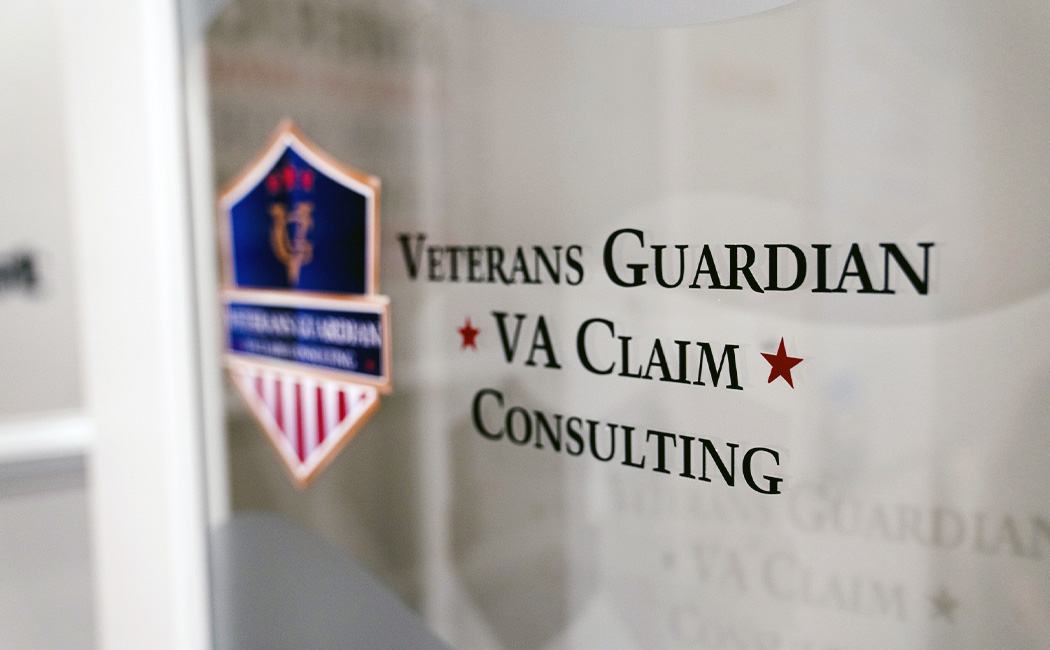GUARD ACT VS. PLUS ACT: VETERANS SHOULD STUDY DUELING BILLS ON HEALTH CARE
Author: John “Wolf” Wagner
Originally Published in Augusta Free Press
As a Virginia resident and a veteran, I’ve studied the congressional dueling bills on health care for veterans and highly recommend all those who served in the armed forces do the same.
Of America’s roughly 18 million veterans, the latest census data shows over 670,000 in the commonwealth. Since over 5 million nationally receive federal disability benefits from the Veterans Administration (VA), statistically speaking, hundreds of thousands of Virginia veterans will be impacted by what happens through these rival Congressional bills.
As described in a recent article in the Augusta Free Press, the first is called the Governing Unaccredited Representatives Defrauding Veterans, or GUARD Act for short. The competitor to GUARD is the Preserving Lawful Utilization of Services, a.k.a. PLUS Act.
GUARD and PLUS were designed to protect veterans from potential scammers. Both have bipartisan support with Democrats and Republicans crossing the aisles together to join opposing camps. Unlike most things in Washington today, this issue isn’t political – nor is it left vs. right.
The GUARD Act outright BANS anyone from helping veterans with filing benefits claims unless they are VA-accredited attorneys, under threat of criminal penalties. Meanwhile, the PLUS Act would instead simplify and expand the VA-accreditation process. Both would add needed oversight, set limits to costs to veterans, and require those offering services to be VA-approved.
Based on personal experiences as a former senior official at the VA and retired Army officer – the PLUS Act is more veteran-friendly because it keeps options for help open rather than eliminating them.
PLUS allows countless legitimate veteran-owned small businesses and small to mid-size veteran service organizations (VSOs) to stay in business providing a valuable service to those who receive federal disability benefits and will seek them in the future. With the long term effects on veterans’ health stemming from the recent wars in Iraq and Afghanistan, this number is sure to grow.
It’s important to note that many Vietnam War veterans who suffered from Agent Orange are still filing claims for benefits to this day, aided by a helpful guide on the VA website. Even though the war ended in the 1970s, many ill-health impacts have worsened over time. If history is a guide, veterans who served in Afghanistan and my fellow colleagues from the war in Iraq will be filing disability claims for decades. The recently passed PACT Act expands health care and benefits for toxic substances so will lead to more veterans filing disability claims. As a nation we should ensure they don’t face needless obstacles in their path.
VA has pushed very hard in recent years with the MISSION Act and other initiatives to ensure that veterans have as much choice in their care in support as possible. The PLUS Act continues to allow that type of freedom to veterans, and to ensure that legitimate businesses and individuals can continue to assist in navigating the sometimes-frustrating process to get benefits and assistance through the VA.
We need to ensure that those who do work to benefit veterans are not out to take advantage of them or defraud the government; this is the essence of a new accreditation process via the PLUS Act.
A well-intentioned effort to thwart a handful of potential scammers should not mean that thousands of other veterans must lose their livelihood as they will face prison sentences for continuing to help fellow veterans with benefit claims if the GUARD Act passes.
Some in Congress believe that ONLY the government can provide the help our veterans need. That is definitively not the case everywhere.
Let’s not discriminate against honest, hard-working people and companies who work to help our veterans. We should not punish veterans by creating another backlog of government assistance by limiting choice in how they acquire benefits. The VA already has an enormous backlog to review for benefits, so why would we expect anything less if ONLY the VA and VA-accredited attorneys under the current system would be permitted to process disability claims?
While VA reform is much needed, it should not hurt veterans. Though both the GUARD and PLUS Act address an issue that needs to solved, GUARD is too restrictive and is worse than the status quo. PLUS sets the bar higher in vetting who can help veterans, though doesn’t go overboard and outright hinder veterans. It’s the better option.










